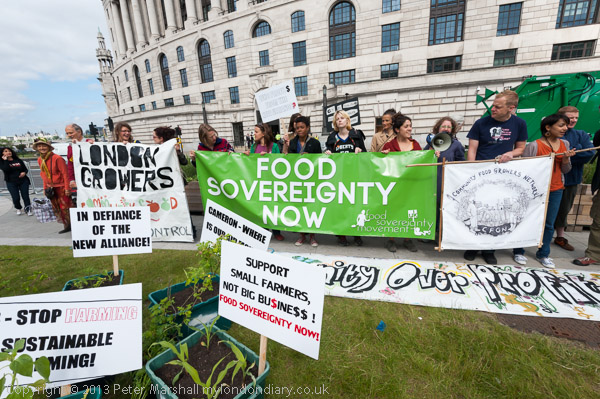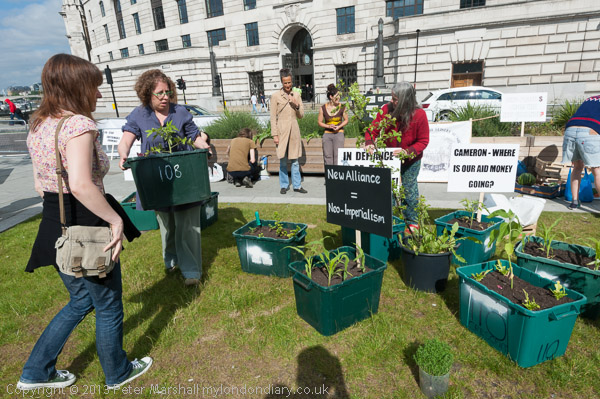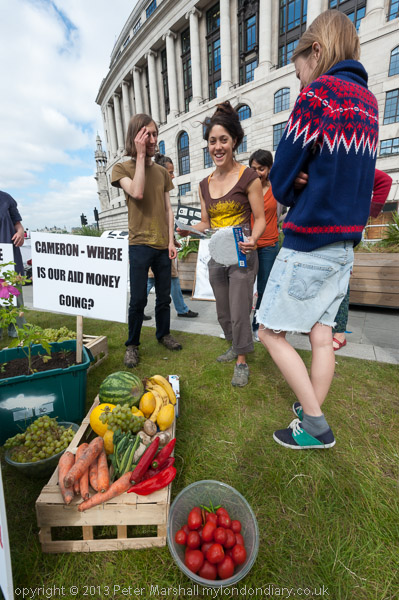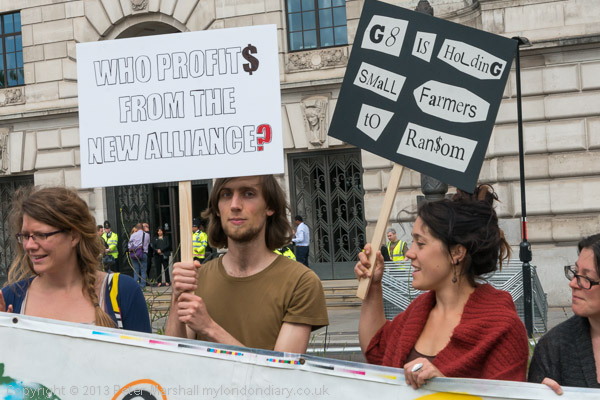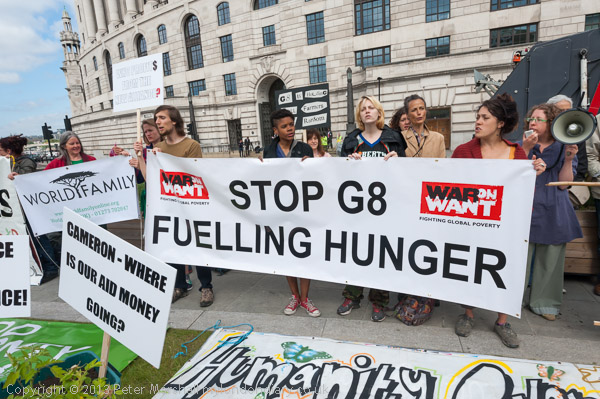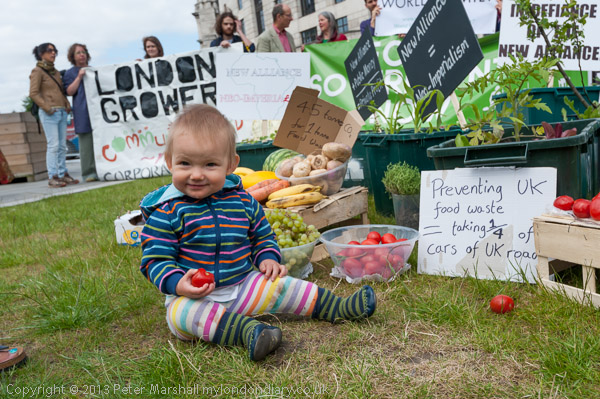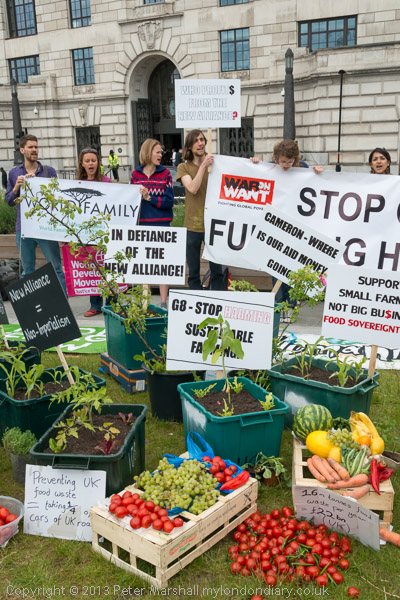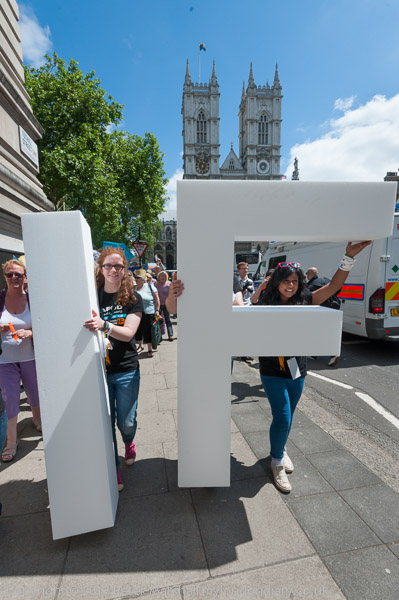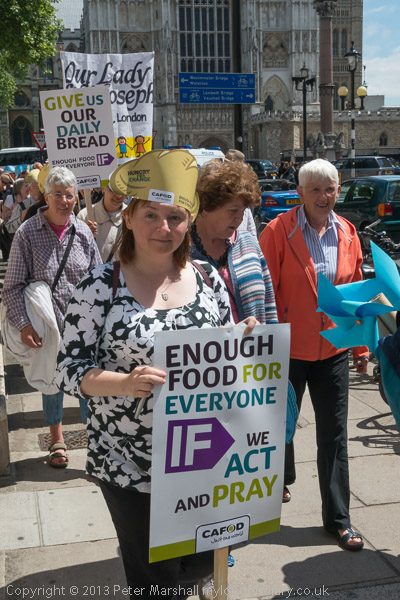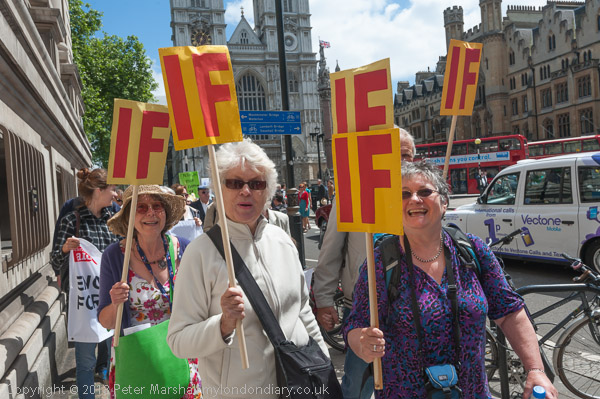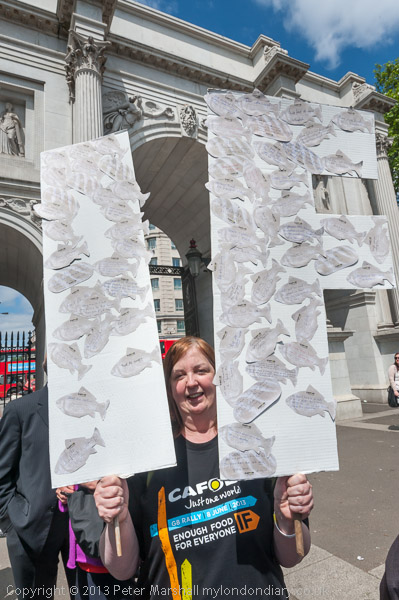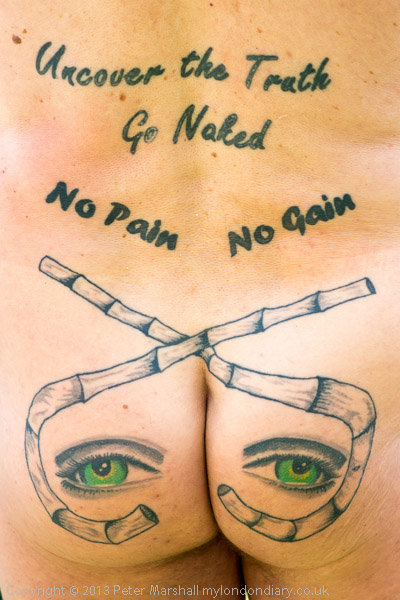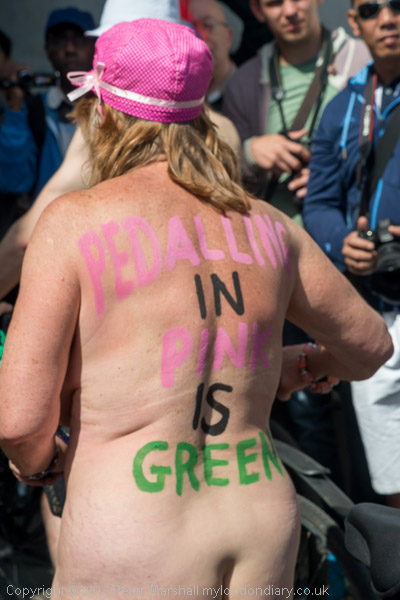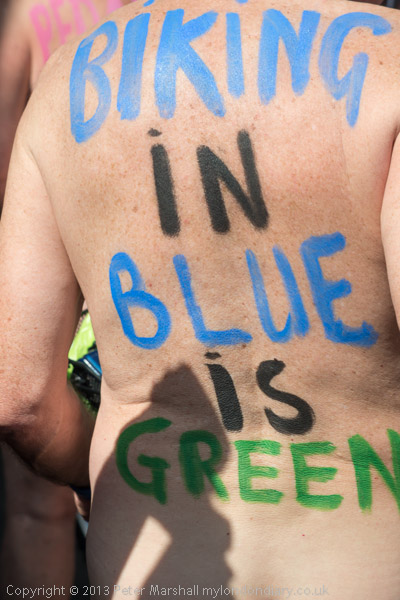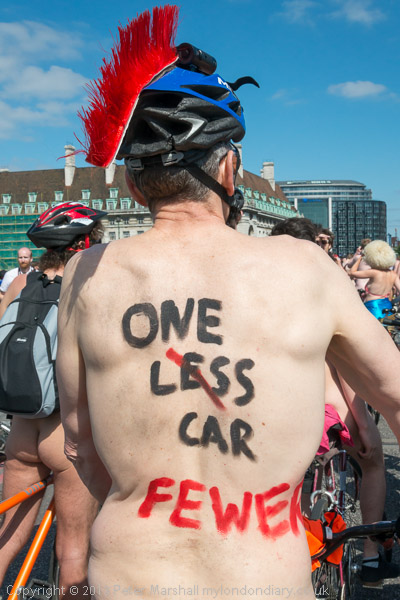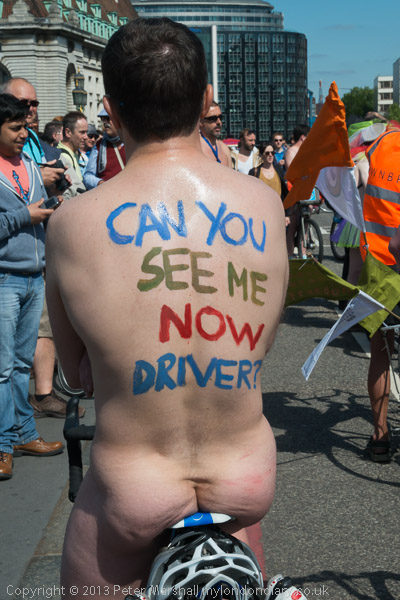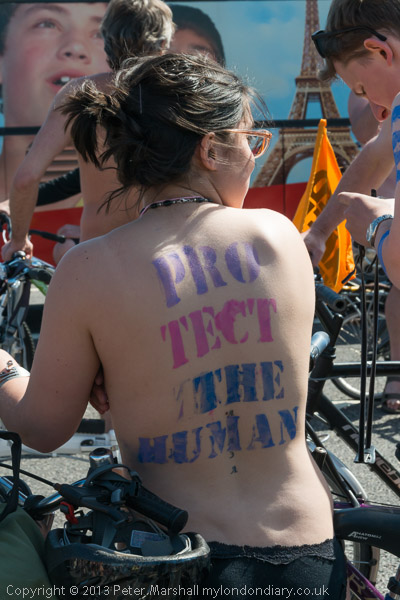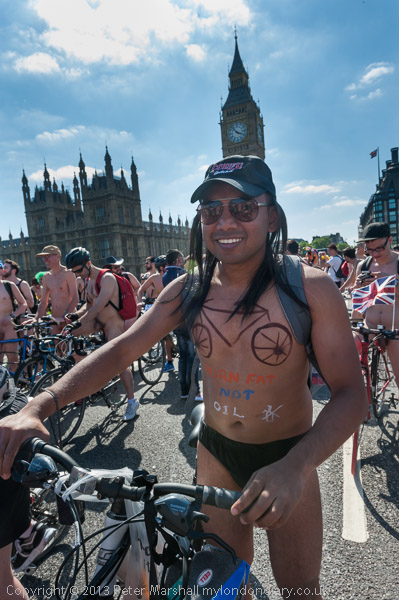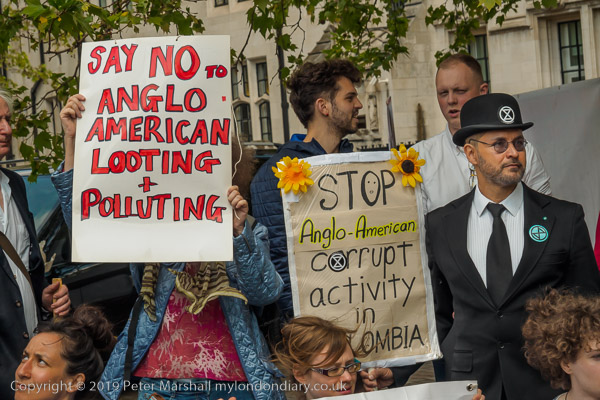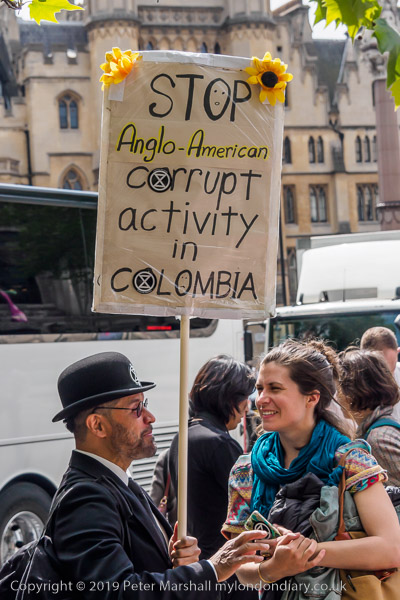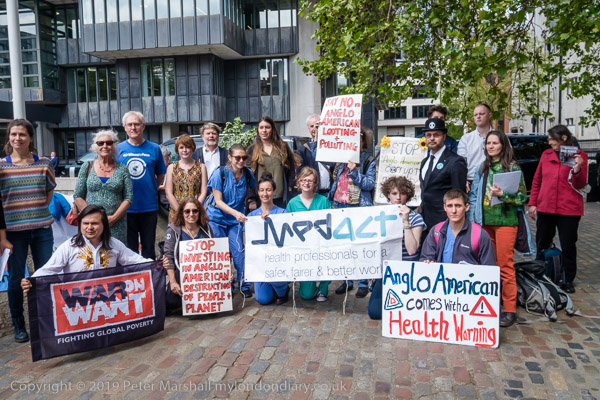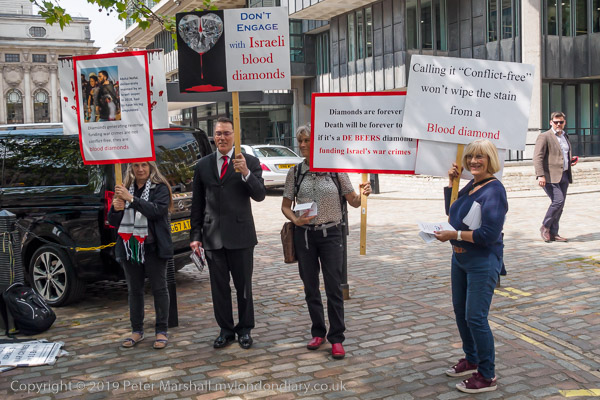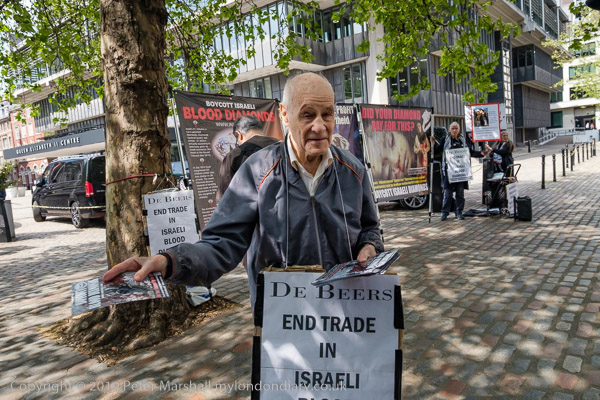End Slave Auctions in Libya: On Sunday 26th November 2017 a large protest outside the Libyan Embassy in Knightsbridge called for an end to the slave auctions of Black African migrants in Libya.
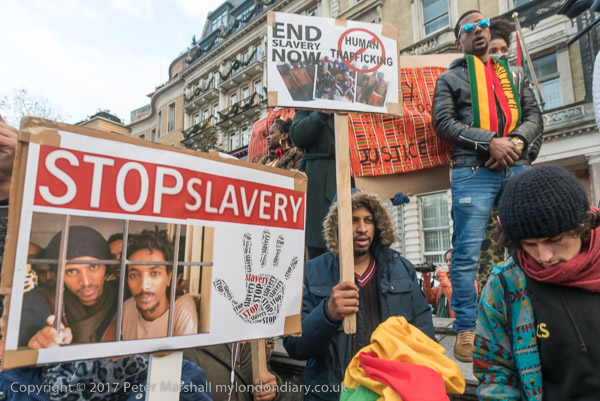
The protest came following a number of reports earlier in the year showing migrants being sold as slaves in Libya. The situation had worsened since the EU clampdown on migration across the Mediterranean, working with the Libyan authorities to intercept and tow migrant boats back to be detained in Libya.
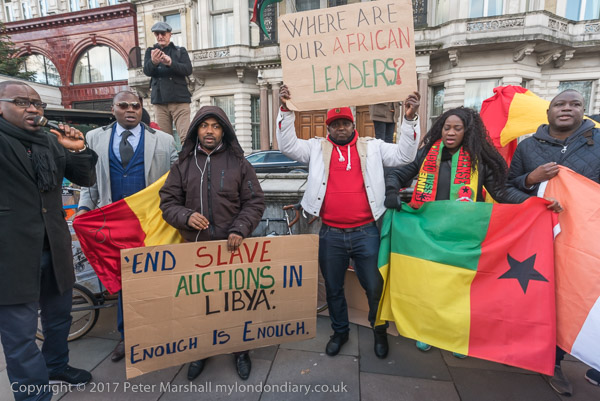
This clampdown had resulted in around 20,000 people, mainly from the Afgrican continent being detained in inhumane conditions in Libya, where many were being held with ransom demands being made from their families and others sold into slavery.
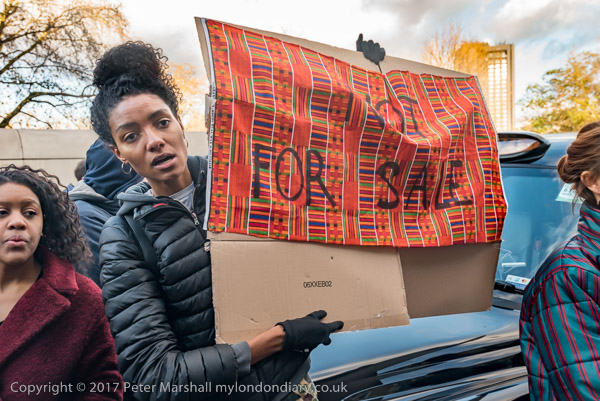
As Wikipedia notes, Libya has a history of slavery dating back into antiquity with slaves from across the Sahara being sold there along with Berbers (the pre-Arab residents of the area), Jews and Europeans captured in Barbary slaving raids around the Mediterranean and as far north as Ireland, Scotland and even Iceland.
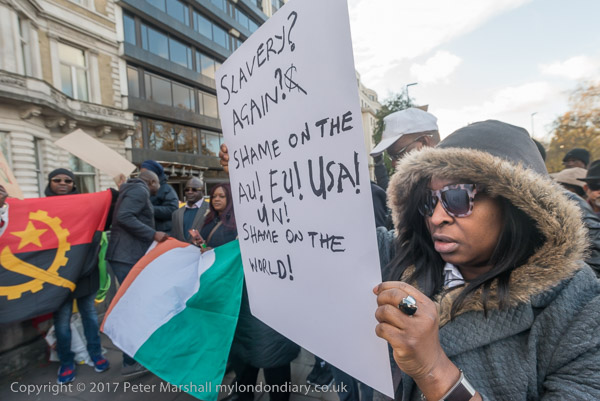
The slave trade was made illegal by a decree in Tripoli in 1857, but this had little practical effect for many years and it was only under Italian rule in the 1930s that it was largely brought to an end.
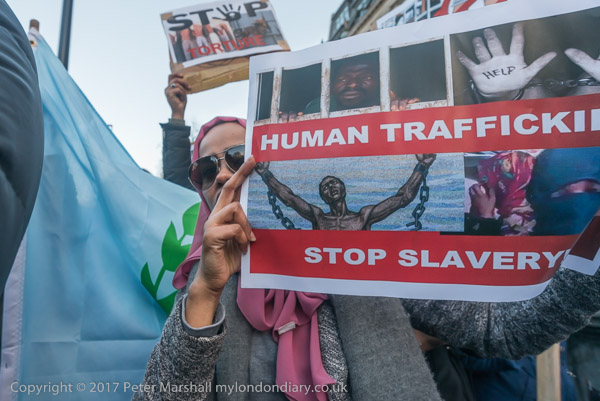
As I wrote in 2017, “Many at the protest saw the situation in Libya as part of a continuing neo-colonialist attempt to control Africa’s natural resources which results in the instability and mass migration from African countries, and that the current Libyan regime are western puppets installed though Western intervention to replace the genuinely nationalist Gaddafi regime and are engaged in a process of de-Africanisation and elimination of Black Libyans, of which slave auctions are a logical extension.”
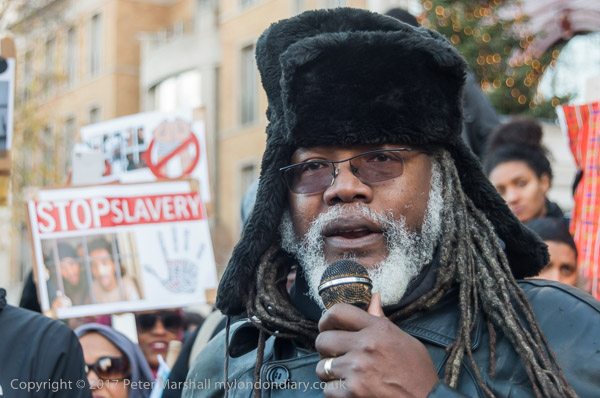
As Wikipedia points out, since Gaddafi was brought down in 2011, Libya “has been plagued by disorder, leaving migrants with little cash and no papers vulnerable.“
Slaves in the past were kidnapped by raiders, but now they pay people smugglers to be brought to Libya, lured by the promise of being taken to a new life in Europe, but once in Libya are detained by the smugglers and local militias and subjected to torture, forced labour and sexual violence.
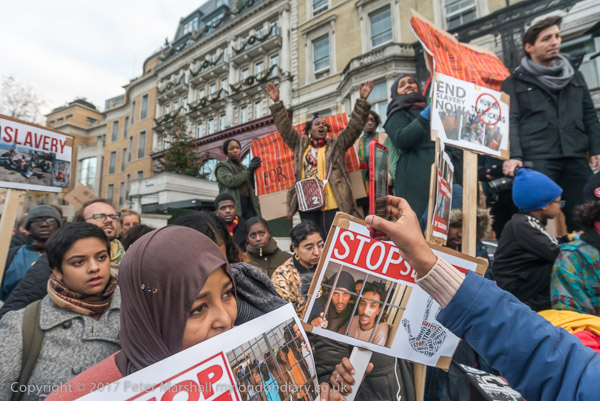
If ransoms are not paid they may be left to starve to death in detention. State security forces are also responsible for similar crimes against humanity for those returned from boats setting out across the Mediterranean, and the EU contributes by giving support to these forces.
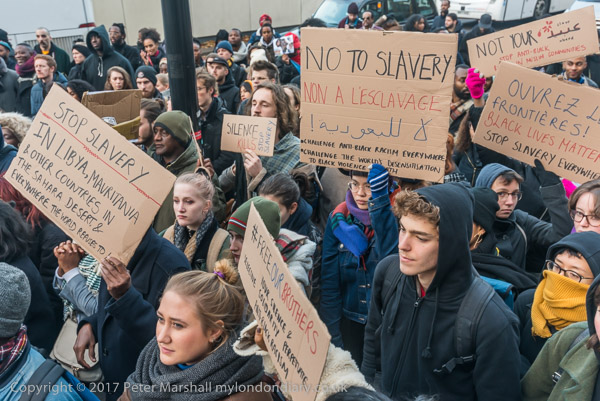
Although the fate of migrants has seldom featured in our news media since 2017, little if anything has changed, as the 2025 report, The Scandal of a Slave Market in Libya from the Human Rights Research Center makes clear.
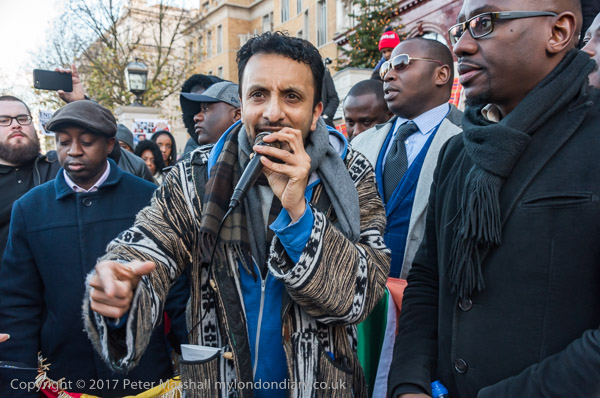
Sukant Chandan, a coordinator at the Malcolm X Movement, speaks from his experience in working with the opposition forces in Libya, and says how those currently in power in Libya have long carried out a policy of getting rid of Black Africans. He calls them a puppet government put into power to protest Western interests in Libya’s mineral wealth.
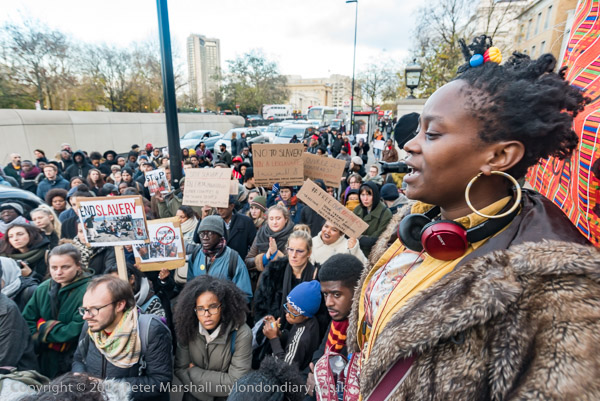
The area outside the Libyan Embassy soon became very crowded, with people lining the pavement for some distance in each direction and some spilling out onto the busy road. When I had to leave after approaching an hour and a half there were people still arriving and it took me several minutes to make my way through the crowd. I took a final picture of a woman holding a large poster on the edge of the protest on my way to Hyde Park Corner.
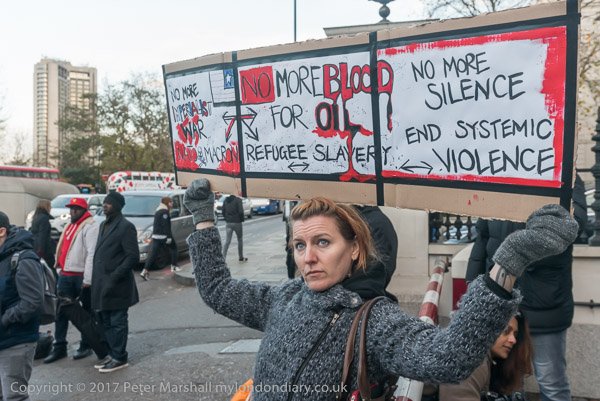
On My London Diary you can see more pictures, including some of the other speakers at the event.
Flickr – Facebook – My London Diary – Hull Photos – Lea Valley – Paris
London’s Industrial Heritage – London Photos
All photographs on this page are copyright © Peter Marshall.
Contact me to buy prints or licence to reproduce.
